Toyota has long been a proponent of new energy vehicles (NEVs). The company’s foray into this segment pre-dates the term NEV if we think back to the introduction of the original Prius 25 years ago. The Prius is, of course, the first model to popularise the term hybrid in the automotive context.
Follow Double Apex on Instagram and Facebook where we share more car content.
At a recent press conference held at the Cape Town harbour, Andrew Kirby, president and CEO of Toyota South Africa Motors (TSAM), reiterated the company’s stance on the future of mobility in SA. Kirby was in the Cape to herald the arrival of the Energy Observer, a sea-faring vessel that runs autonomously on renewable energy.
Self-sufficient Sea-farer
The Energy Observer is a repurposed racing catamaran that has been fitted with 200 m² of solar panels, two aero-optimised sails and an onboard hydrogen producing facility to power a fuel cell that drives two electric motors. The ship’s on-board system produces hydrogen from sea water. The fuel cell unit was sourced from the Toyota Mirai road car. Incidentally, the Mirai, the world’s first commercial car equipped with a fuel cell.
You can learn more about the innovative boat and its various systems by clicking here.
Energy Observer is the name of the first hydrogen-powered, zero-emission vessel to be self-sufficient in energy, advocating and serving as a laboratory for ecological transition. Now an organisation that combines expeditions and innovations, Energy Observer is exploring and developing solutions that prove that another future for energy is possible, an optimistic future, which is more respectful of the planet and those who live here.
Local Relevance
While the Energy Observer’s arrival here is interesting. It is the local relevance that is of more consequence. Kirby took the opportunity to outline some of the company’s goals and ambitions in the NEV sector. In addition, he spoke about Toyota’s commitment to reduce its carbon footprint across the board.
Among the key areas that were highlighted include a carbon neutrality by 2050. Key milestones along the way being a 33 per cent reduction of CO₂ emissions by 2030 and 50 per cent by 2035. The company’s production facility in Prospecton is already supplementing its power needs with a wide solar array.
Of course, vehicles, especially NEVs are key to that strategy. In this regard, Toyota is adopting a multi-pathway approach through BEV, PHEV, FCEV, HEV, H2 and CN (carbon neutral) fuels. Among these will be 10 new BEVs launched globally by 2026.
For Plug-In Hybrid Electric Vehicles (PHEVs), battery efficiency will be increased to extend the EV-mode driving range beyond 200 km. Toyota already offers many hybrid electric vehicles (HEVs) in the local market and this will continue to be the case. The company will improve its product offering with a focus on quality and affordable prices. Kirby said that HEVs alone will contribute to a 40 per cent reduction of CO₂ by 2030 in Africa.
Click here to read our Toyota RAV4 PHEV review.
Performance Motoring and Motorsport
In recent times Toyota has produced some of the most exciting performance cars to come from a mainstream automaker. The Japanese firm has added Gazoo Racing models such as the GR86 and GR Yaris for local petrolheads to enjoy.
The move towards sustainable motoring will not, according to Kirby, affect the brand’s GR line-up. The company will continue to offer high-performance models they may not, however, be powered by traditional fuels.
Toyota has built a Corolla hatchback racer that is powered by liquid hydrogen fuel. The car has recently competed in the Super Taikyu Series in Japan. It has also raced in the Idemitsu 1500 Super Endurance event at Thailand’s Chang International Circuit.
Toyota also took the opportunity at the recent 24 Hours of Le Mans to unveil the GR H2 Racing Concept. The new prototype racer will compete in future endurance events. The ACO, the organiser of Le Mans 24 Hours, confirmed that it would allow hydrogen-engine vehicles to compete in the race’s upcoming hydrogen category.
Toyota chairman Akio Toyoda said at the event: “My goal is to achieve carbon neutrality in motorsports without sacrificing anything in terms of performance or excitement. We look forward to our new GR H2 race car in view of the new Le Mans H2 class in the future.”

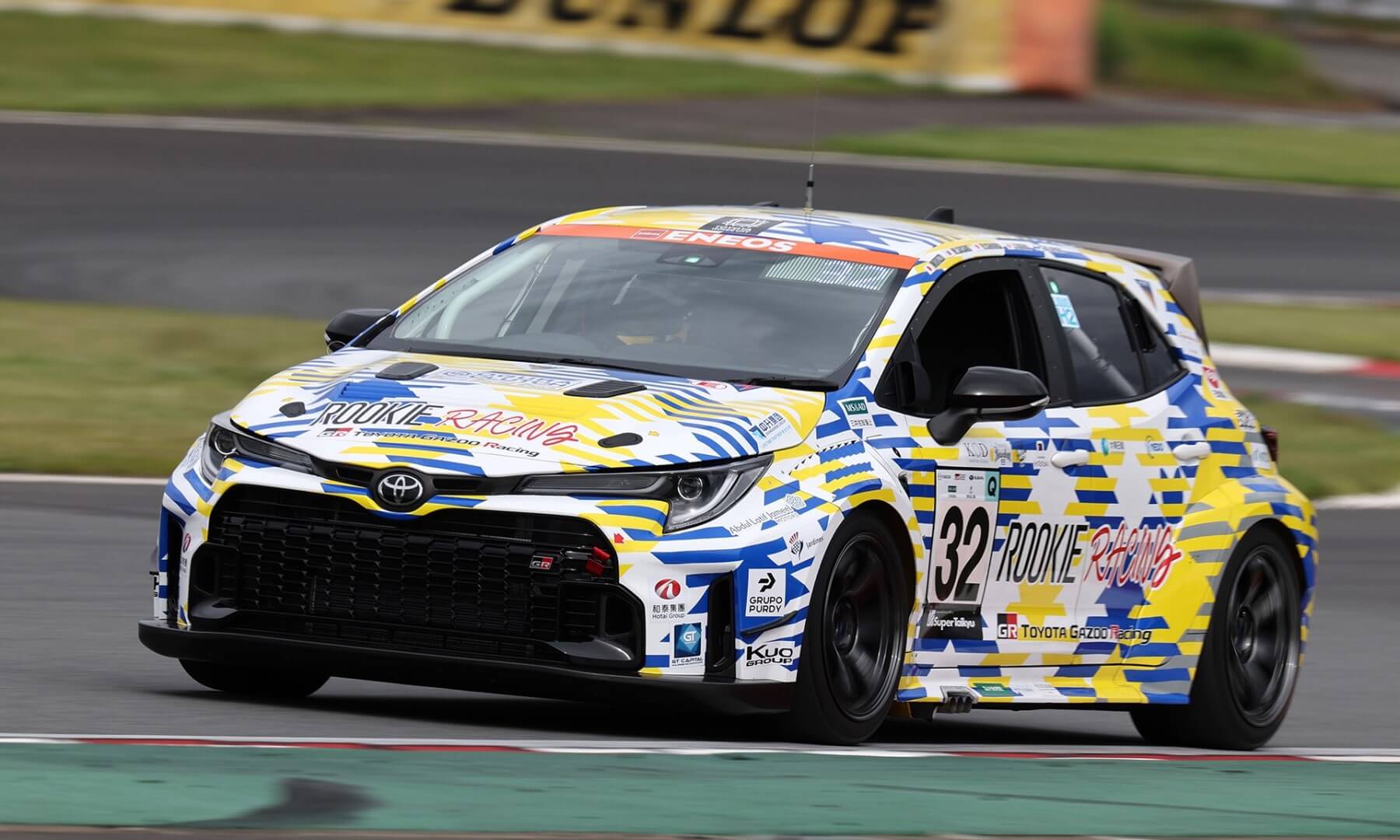
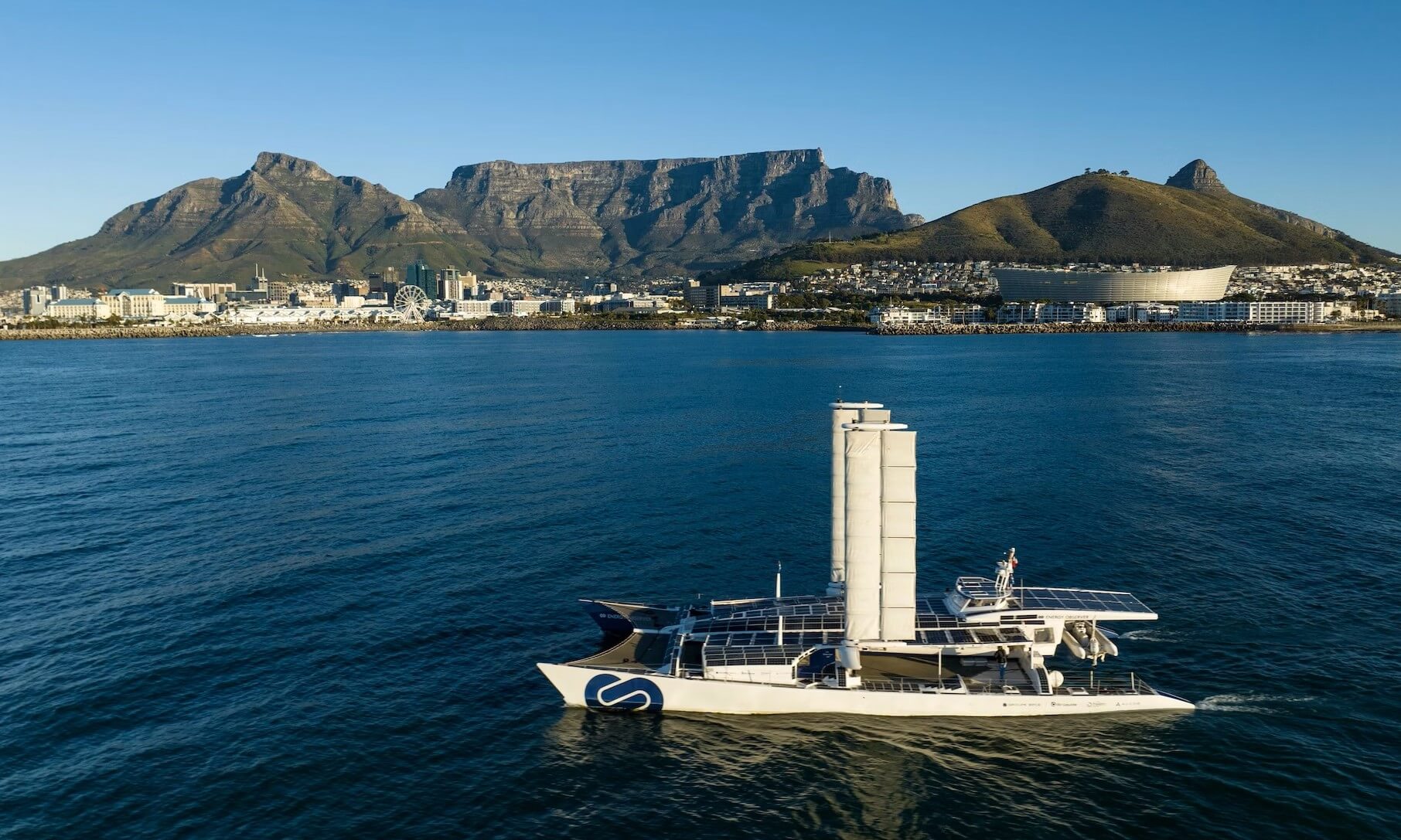
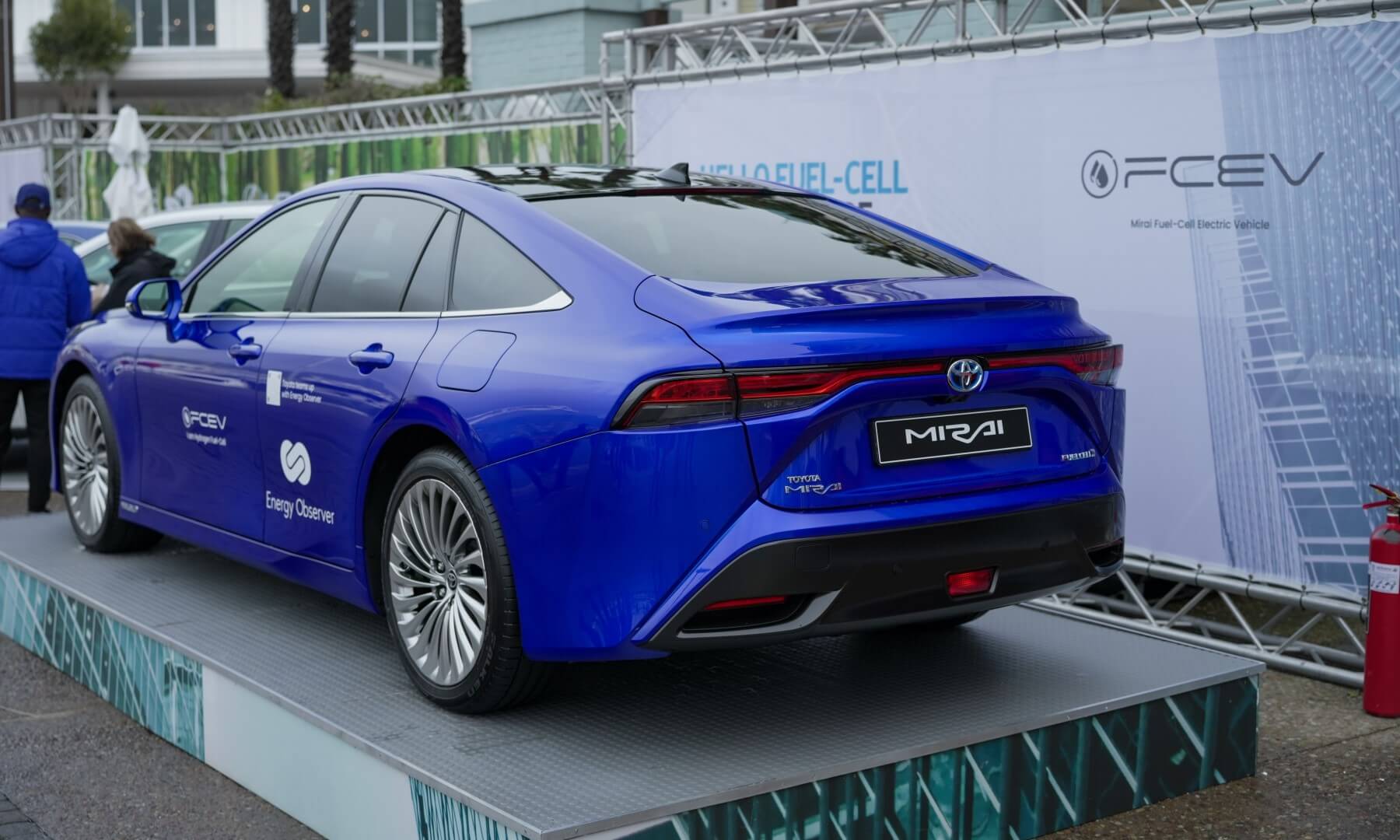
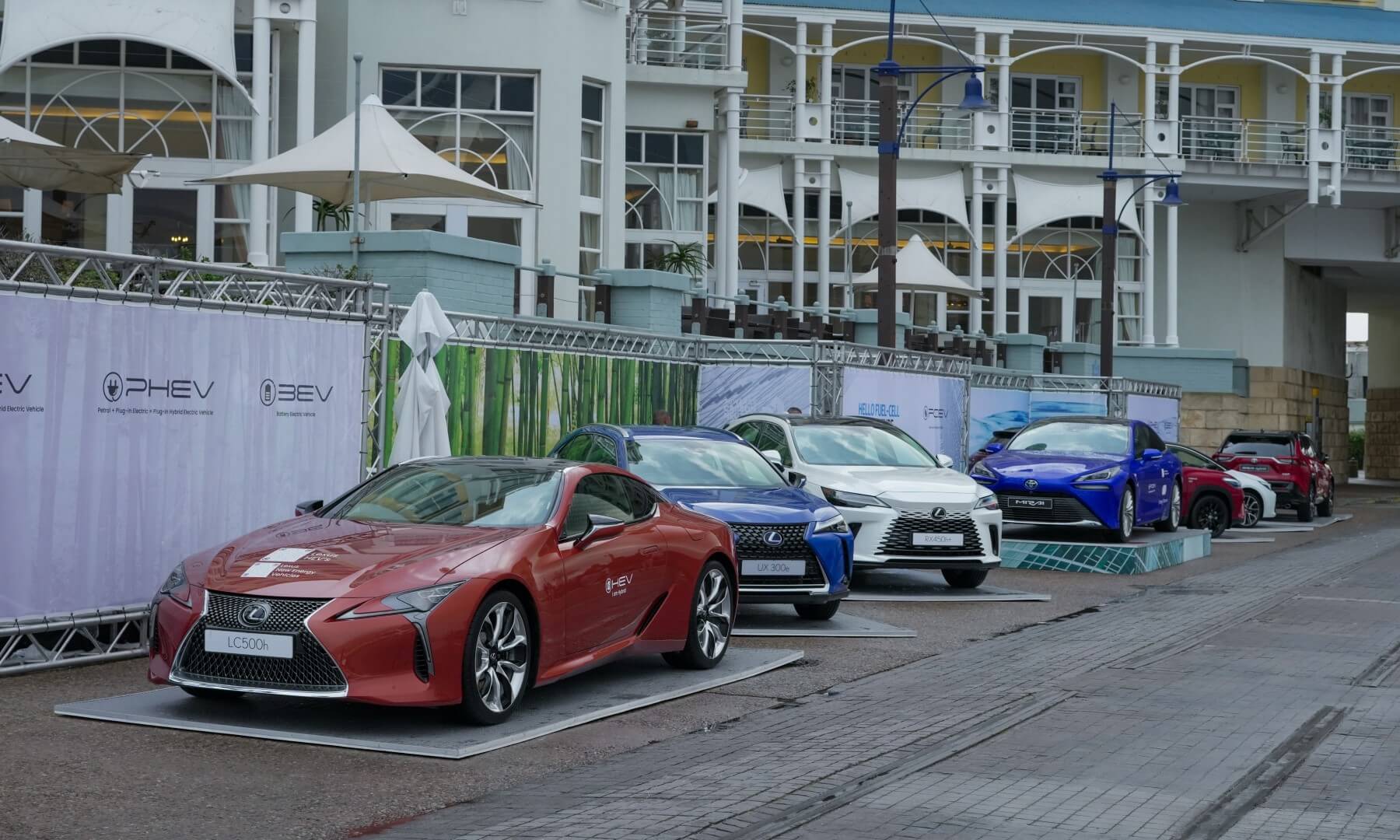
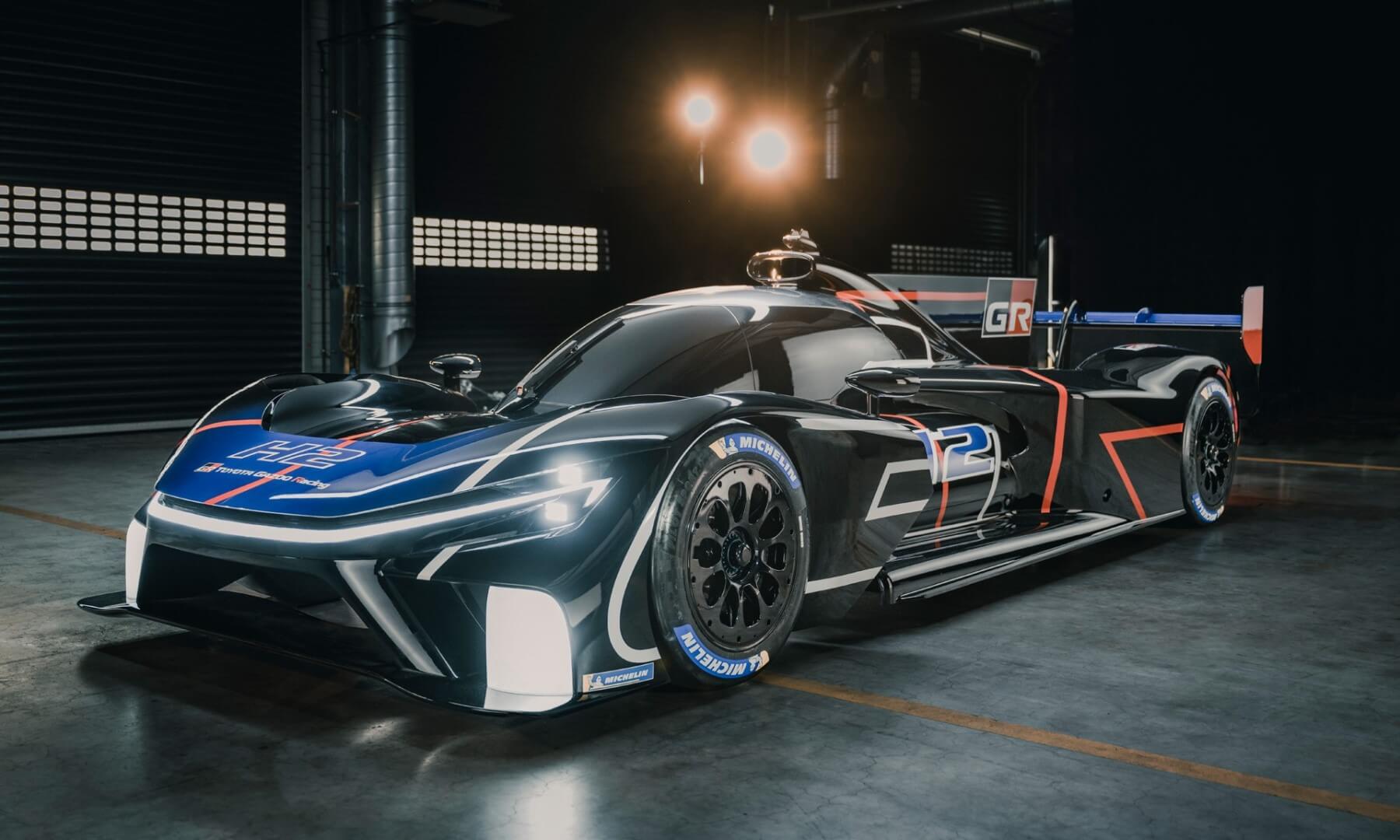
![Ferrari 12Cilindri and 12Cilindri Spider Debut [w/video]](https://doubleapex.co.za/wp-content/uploads/2024/05/New_Ferrari_V12_ext_01_spider_coupe_844236a3-01c4-4d95-9f16-c3108e8eadb6-1-500x383.jpg)
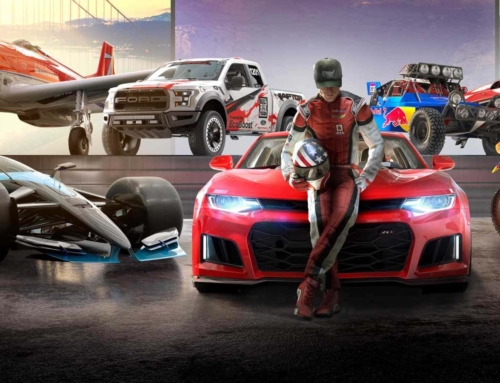
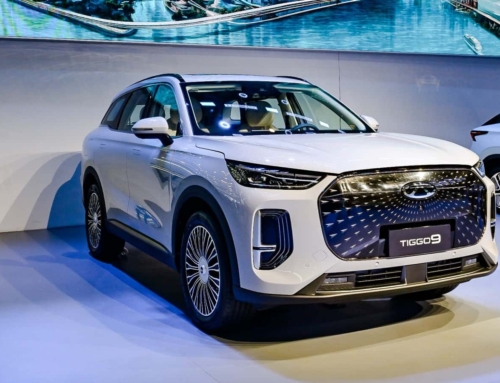
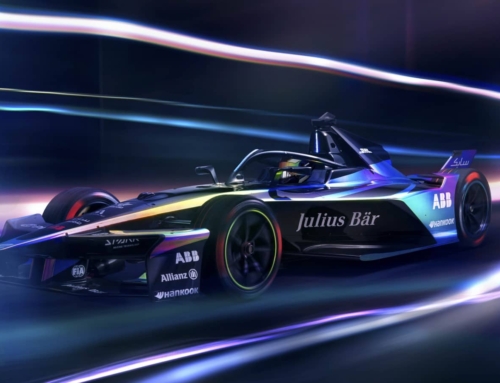
Leave A Comment